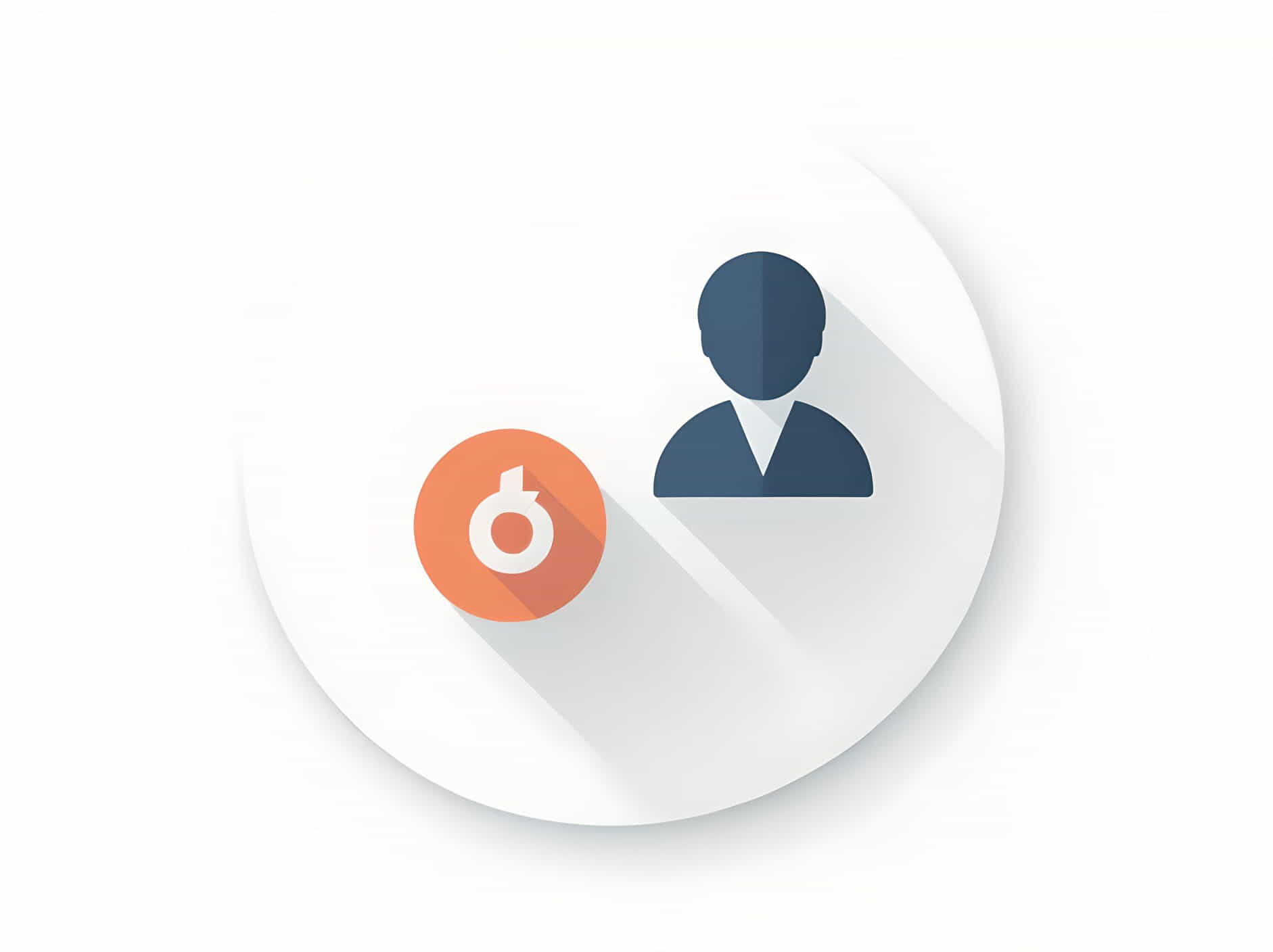
Conducting oneself in a forthright manner is an admirable quality that fosters trust, respect, and effective communication. The term honest,” a six-letter word, encapsulates this behavior perfectly. Honesty is the cornerstone of ethical interactions, whether in personal relationships, professional environments, or societal engagements. This article explores the importance of honesty, how to embody this trait, and the benefits it brings to various aspects of life.
The Importance of Honesty
Honesty is more than just telling the truth: it is about being genuine, transparent, and consistent in one’s actions and words. It involves integrity, where one’s values and principles align with their behavior. Here’s why honesty is vital:
-
Builds Trust: Trust is the foundation of any healthy relationship. When people are honest, others are more likely to trust them, which strengthens bonds and fosters collaboration.
-
Promotes Transparency: Honesty ensures that there are no hidden agendas. This transparency is crucial in both personal and professional settings, as it facilitates clear communication and understanding.
-
Enhances Reputation: Consistent honesty builds a strong reputation. People who are known for their integrity are respected and often looked up to as role models.
-
Encourages Authenticity: Being honest allows individuals to be true to themselves and others. This authenticity creates deeper, more meaningful connections.
-
Reduces Stress: Living a life of honesty means not having to keep track of lies or deceit. This reduces mental stress and promotes peace of mind.
Embodying Honesty in Daily Life
Adopting honesty as a core value requires conscious effort and practice. Here are some ways to conduct oneself honestly:
-
Self-Reflection: Regularly assess your actions and decisions to ensure they align with your values. Self-reflection helps you stay grounded and true to yourself.
-
Clear Communication: Be direct and clear in your communications. Avoid sugar-coating or omitting important details. Clear communication ensures that your message is understood as intended.
-
Admit Mistakes: Everyone makes mistakes. Admitting them openly and taking responsibility shows maturity and integrity. It also sets a positive example for others.
-
Consistency: Ensure that your actions match your words. Consistency builds credibility and trustworthiness.
-
Respect for Others: Honesty should be coupled with respect. While being truthful, it’s important to consider the feelings and perspectives of others.
-
Set Boundaries: Being honest doesn’t mean sharing everything with everyone. Set boundaries to maintain your privacy and protect sensitive information.
Benefits of Being Honest
Living an honest life brings numerous benefits that enhance personal well-being and social interactions. Here are some of the key advantages:
-
Stronger Relationships: Honest communication is the bedrock of strong relationships. It leads to deeper connections and mutual respect.
-
Better Decision-Making: Honest self-assessment allows for better decision-making. When you are truthful about your strengths and weaknesses, you can make more informed choices.
-
Personal Growth: Honesty fosters personal growth. By being true to yourself, you can identify areas for improvement and work towards becoming a better version of yourself.
-
Professional Success: In the professional world, honesty enhances your reputation and opens doors for career advancement. Employers and colleagues value integrity and reliability.
-
Inner Peace: Living honestly brings inner peace. When you align your actions with your values, you experience a sense of fulfillment and contentment.
Challenges to Honesty
While honesty is a noble virtue, it can sometimes be challenging to maintain. Here are some common obstacles and how to overcome them:
-
Fear of Rejection: People often avoid honesty for fear of rejection or disapproval. Overcome this by building confidence in your values and understanding that true relationships thrive on honesty.
-
Social Pressure: Societal norms or peer pressure can sometimes discourage honesty. Stay committed to your principles and seek support from like-minded individuals.
-
Immediate Consequences: Being honest can sometimes lead to immediate negative consequences. However, the long-term benefits of integrity far outweigh these short-term challenges.
-
Cultural Differences: Different cultures have varying attitudes towards honesty. Be sensitive to cultural nuances while maintaining your core values.
-
Habitual Lying: For some, dishonesty may become a habit. Breaking this pattern requires conscious effort, self-discipline, and sometimes professional help.
Fostering an Environment of Honesty
Creating an environment that encourages honesty involves collective effort. Whether at home, work, or in the community, fostering honesty can lead to a more harmonious and productive environment.
-
Lead by Example: Demonstrate honesty in your actions and decisions. Others are more likely to follow suit when they see integrity modeled consistently.
-
Encourage Open Communication: Create spaces where people feel safe to express their thoughts and feelings without fear of judgment or retribution.
-
Recognize and Reward Honesty: Acknowledge and appreciate honesty in others. Recognition reinforces positive behavior.
-
Establish Clear Values: Whether in a family, organization, or community, clearly articulated values help guide behavior and decision-making.
-
Provide Support: Offer support and guidance to those struggling with honesty. Encourage them to seek help and provide a non-judgmental space for growth.
Conducting oneself in a forthright manner, encapsulated by the six-letter word “honest,” is a fundamental aspect of a fulfilling and ethical life. Honesty builds trust, promotes transparency, enhances reputation, and encourages authenticity. While challenges to maintaining honesty exist, the long-term benefits to personal well-being and social relationships are profound. By embodying honesty and fostering environments that encourage integrity, individuals and communities can thrive in a culture of trust and mutual respect.”